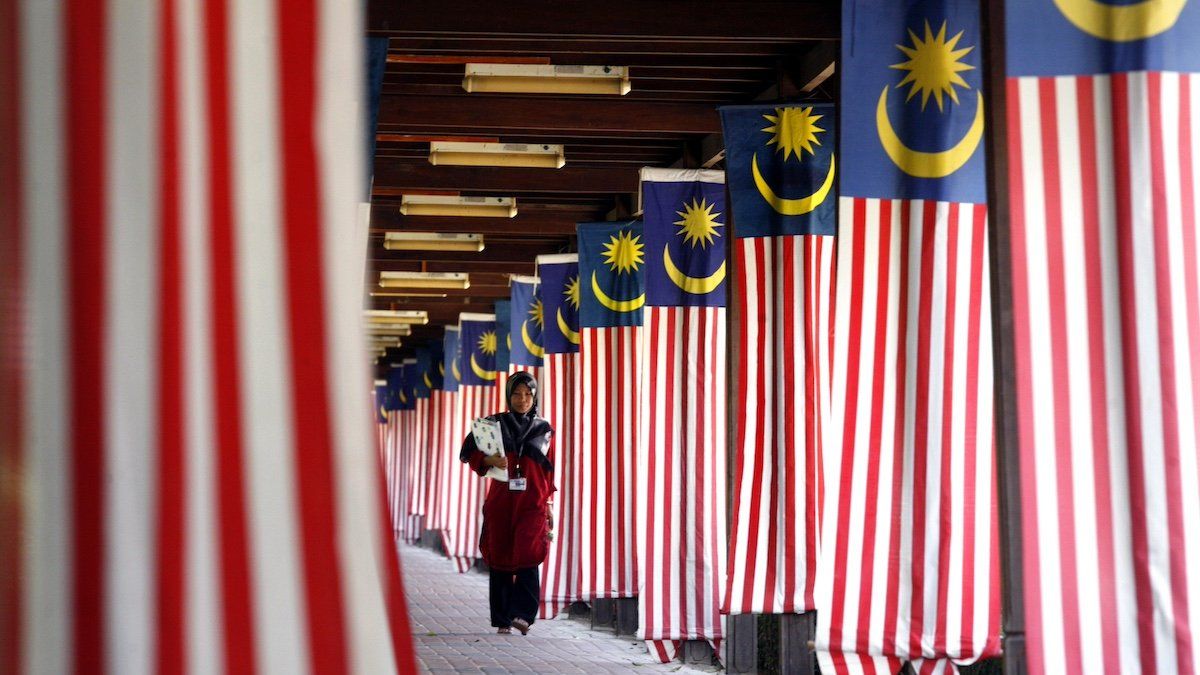2.2 billion: Microsoft has its eye on Southeast Asia. The computing giant announced it’ll pour $2.2 billion into Malaysia’s cloud infrastructure over the next four years and will establish a national AI center with the government. This investment is the latest in a string of Microsoft infusions in local economies to help develop AI: In the past month, the company announced a $2.9 billion investment in Japan, $1.7 billion in Indonesia, and a new data center in Thailand, plus a $1.5 billion stake in the UAE firm G42.
19 billion: There’s a $19 billion AI startup that you’ve likely never heard of. It’s called CoreWeave, and it started as a small crypto company that stockpiled powerful graphics chips. Now, it runs data centers that are in high demand from AI companies that need to access those chips to run their models. It’s a company that has quickly “come out of nowhere,” as its cofounder said, to play a major role in the booming AI economy.
2: AI safety research comprises only 2% of total research about artificial intelligence, according to a new report from Georgetown University’s Emerging Technology Observatory. That’s dwarfed by global research into subjects such as computer vision (32%), robotics (15%), and natural language processing (11%).
42: In the run-up to the 2024 presidential election,
42% of Americans are concerned that news organizations will create stories with generative AI, according to a new poll from the Associated Press and the American Press Institute. While news organizations have been using AI to write simple stories — such as
earnings-related stories and sport recaps — for years, those that have turned to generative AI in recent years to replace human-written stories have received
public pushback and
condemnation.
